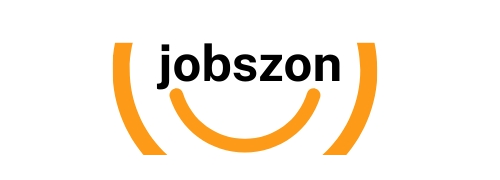3 Key Questions to Ask at the End of a QA Jobs Interview
Landing quality assurance (QA) jobs takes more than just technical skills; nailing the interview can make all the difference. You’re there to showcase your problem-solving ability, attention to detail, and dedication to delivering top-notch products—but, it’s also about asking the right questions to show you’re genuinely invested in this role.
After all, a job interview isn’t just about proving you’re qualified; it’s also your chance to make sure this company and team align with your career goals and work style. Here’s my advice on three must-ask questions at the end of your next QA job interview to make a lasting impression and uncover what you need to know.
1. Ask About the Company Culture to See if You’ll Fit In
You might be thinking, “Culture?” But yes, culture can make or break your work experience in any QA role. You’ll likely be part of a cross-functional team, collaborating with developers, product managers, and possibly even customers. Every company has its own work vibe, and understanding how they operate will help you gauge if you’ll be able to thrive there.
Some questions to consider:
- “What’s your favorite part about working here?” This question helps you see how people feel about the company and lets them share personal experiences that reveal the organization’s vibe.
- “What does success look like in this role?” You want to know what the company values most and how they define quality work. If you’re expected to work independently, learn on the go, or deliver consistently under tight deadlines, it’s best to find that out now.
2. Role-Specific Questions to Understand QA Jobs Expectations
Now that you’ve heard about the company’s culture, it’s time to get specific about the QA role itself. These questions should help clarify what’s expected of you in your first few months, as well as any challenges you might face along the way.
Consider asking:
- “What are the most common issues your QA team encounters?” This will give you insight into the typical challenges, whether it’s communication gaps, high-stakes deadlines, or constant changes in project scope.
- “Can you describe a typical day for someone in this QA role?” The answer to this question will reveal how much time you might spend testing, writing scripts, or in meetings.
- “What skills are most important for success in this role?” The hiring manager’s response can give you insight into where to focus your energy if you’re hired.
By asking these role-specific questions, you’re not only clarifying expectations but also showing the interviewer that you’re committed to doing your job well if you’re brought on board.
3. The Hesitation Question: Address Any Concerns Head-On
This question can feel a bit intimidating to ask, but trust me, it’s worth it. Asking about potential hesitations shows your willingness to face feedback and your genuine interest in securing the role. Plus, if they’re on the fence about something, this is your chance to address it directly.
Here are a few ways to phrase it:
- “Is there anything about my background or experience that gives you hesitation?” Asking this gives you a chance to clarify any points that might be unclear.
- “How do I compare to other candidates?” It sounds bold, but it can reveal areas where you stand out or where you might need to reassure them.
- “Is there anything you’d like me to expand on or clarify?” If they have lingering questions, now’s the time to handle them with confidence.
When you ask a question like this, you might be surprised how much it helps set you apart. Many candidates shy away from it, but that’s what makes it powerful—you’re showing you can handle feedback and are committed to improving, both important traits for a QA job.
Wrapping Up: Leave a Positive Lasting Impression
The goal of these questions is to show you’re interested, engaged, and proactive about finding the right fit. A QA job is about more than just spotting bugs; it’s about ensuring quality, working with others, and continuously improving both the product and yourself.
